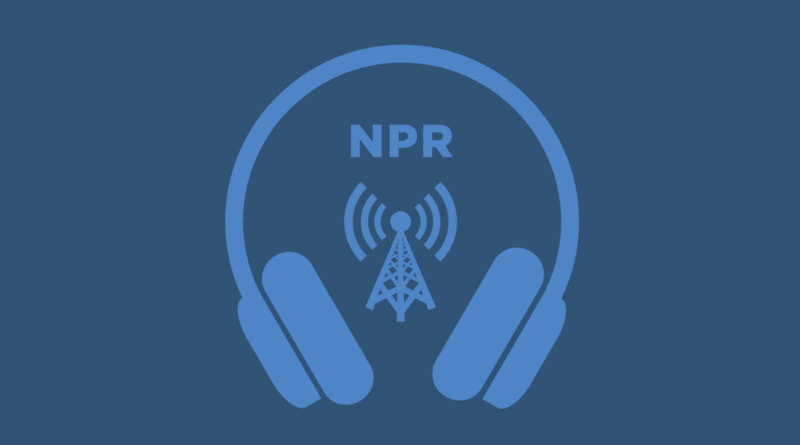The huge effort to save an endangered snail in upstate New York : NPR
Researchers are working to rehome some tiny, rare snails. Understanding their decline could help mitigate broader climate changes. (Story aired on All Things Considered on Aug. 8, 2023.)
SARAH MCCAMMON, HOST:
Scientists are racing to conserve species before more are gone. Recovery can take years to decades, but even the tiniest of critters are grabbing their attention. Reporter Tarryn Mento has this look at a big effort to save a snail so small it can fit on your fingertip.
(SOUNDBITE OF FOOTSTEPS)
TARRYN MENTO, BYLINE: Hiking is tricky when you’re carrying a federally threatened species. Ally Whitbread carefully hops over logs and dodges prickers while toting a cooler full of tiny, rare snails.
ALLY WHITBREAD: I’ve got the precious cargo with me right now.
MENTO: The Chittenango ovate amber snails inside are facing extinction. They live at only one waterfall in upstate New York, and they’re down to just dozens in the wild. The team of researchers from New York’s College of Environmental Science and Forestry spent years growing them in captivity. And now they’re placing a group of the snails and eggs at a hidden waterfall where they hope they’ll survive.
WHITBREAD: I feel like I’ve got, like, 500 babies to take care of – just a very crazy mother hen.
MENTO: These efforts to sustain and study rare species can unlock their hidden benefits to humans, says University of Colorado Boulder ecology professor Laura Dee. She says some may possess unique traits that can provide what she calls option value.
LAURA DEE: The idea that we might want to have a species down the line because of uncertainty of what the future’s going to bring and what role that species might play.
MENTO: Like the once-rare Madagascar rosy periwinkle – a compound from the plant is now used in leukemia treatments. Not every species will cure cancer, but Dee says more study is needed because we don’t even fully know what happens if we lose them.
DEE: Theory and other papers have shown that actually the loss of rare species can be particularly destabilizing because they might have these really unique and important feeding relationships or links.
MENTO: But even if there’s no hidden connection or unique trait, just observing species in their habitats can help us. University of Utah biology professor Jack Longino is cataloging the planet’s ants. He says understanding how they communicate could help programmers with something like robotics.
JACK LONGINO: To create things, to make new technologies. We’re sort of imitating nature all the time.
MENTO: The Chittenango ovate amber snail doesn’t have any known unique traits critical to humans, but the journey to just attempt to save them has been intense.
(SOUNDBITE OF WATER FALLING)
MENTO: It takes a half hour to hike to the new, remote home of the snails, but it’s actually been more than five years to get there – from site surveys, land negotiations and just keeping the snails alive in the lab. Senior research support specialist Cody Gilbertson says the drive to save them can go deeper than just science.
CODY GILBERTSON: There’s no way that I’m not going to be emotionally attached to these guys. They’re so cute. They’re like tiny babies that are one millimeter. And their – you know, their big eyes are staring back at you. Like, there’s no way that you’re not going to kind of fall in love.
MENTO: And finally reaching the waterfall to let them go wasn’t even the end. It’ll be another five years before they know whether the snails can survive here. They’ll take the hike twice a month to track their progress.
For NPR News, I’m Tarryn Mento in Syracuse.
(SOUNDBITE OF TYCHO SONG “NO STRESS (FEAT. SAINT SINNER)”)
Copyright © 2023 NPR. All rights reserved. Visit our website terms of use and permissions pages at www.npr.org for further information.
NPR transcripts are created on a rush deadline by an NPR contractor. This text may not be in its final form and may be updated or revised in the future. Accuracy and availability may vary. The authoritative record of NPR’s programming is the audio record.



